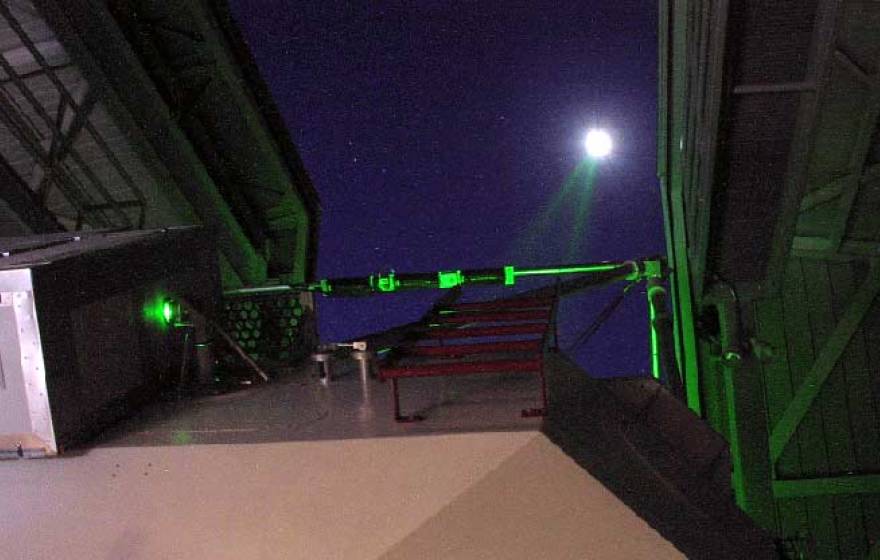UC Riverside |
Better batting through brain training
UC Riverside’s baseball team struck out less frequently in the 2013 season after taking part in brain-training research that significantly improved the vision of individual players.
UC Davis |
Small window of time for volcano eruption
Mount Hood study: Liquid magma, necessary for eruption, is uncommon.
UC Santa Cruz |
Black hole shreds a star
New study shows what happens during the destruction of a star as it falls into a black hole, contradicting a 2012 report of the disruption of an exotic helium star.
UC San Francisco |
UCSF schools lead the nation in NIH biomedical research funds
Funding reflects quality of research and enables scientists to continue pioneering efforts.
UC Berkeley |
Marriage, like fine wine: better when well aged
First comes love, then comes marriage, then comes baby in a baby carriage — and then what?
UC Irvine |
Hackers: Catch them if you can
Unhampered by borders and laws, cybercriminals present new security threats.
KCBS-AM/FM |
Kelp eyed for Fukushima radiation
Researchers are analyzing ocean vegetation to try to detect radioactivity stemming from the quake- and tsunami-damaged nuclear plant in Japan.
UC San Francisco |
Stress is contagious: Babies can catch it from their moms
Infants not only pick up on their mother’s stress, but they also show corresponding physiological changes.
UC San Diego |
Source of ‘moon curse’ revealed by eclipse
When signals bounced off the lunar surface returned surprisingly faint echoes on full moon nights, scientists sought an explanation in reason rather than superstition.
Lawrence Berkeley Lab |
Startup wants to know how damaged your DNA is
Berkeley Lab scientist has devised a method of automating the screening process; through his startup, he hopes to make it as commonplace as a cholesterol test.
Circle of Blue |
Drought saps water reserves above and below ground
Satellite data reveals extent of the shortage. UC Irvine's Jay Famiglietti weighs in on the crisis.
New York Times |
Severe drought has U.S. West fearing worst
Is this a 500-year drought? A UC Berkeley researcher says it is. Residents, farmers and ranchers are threatened by dwindling supplies of water.






